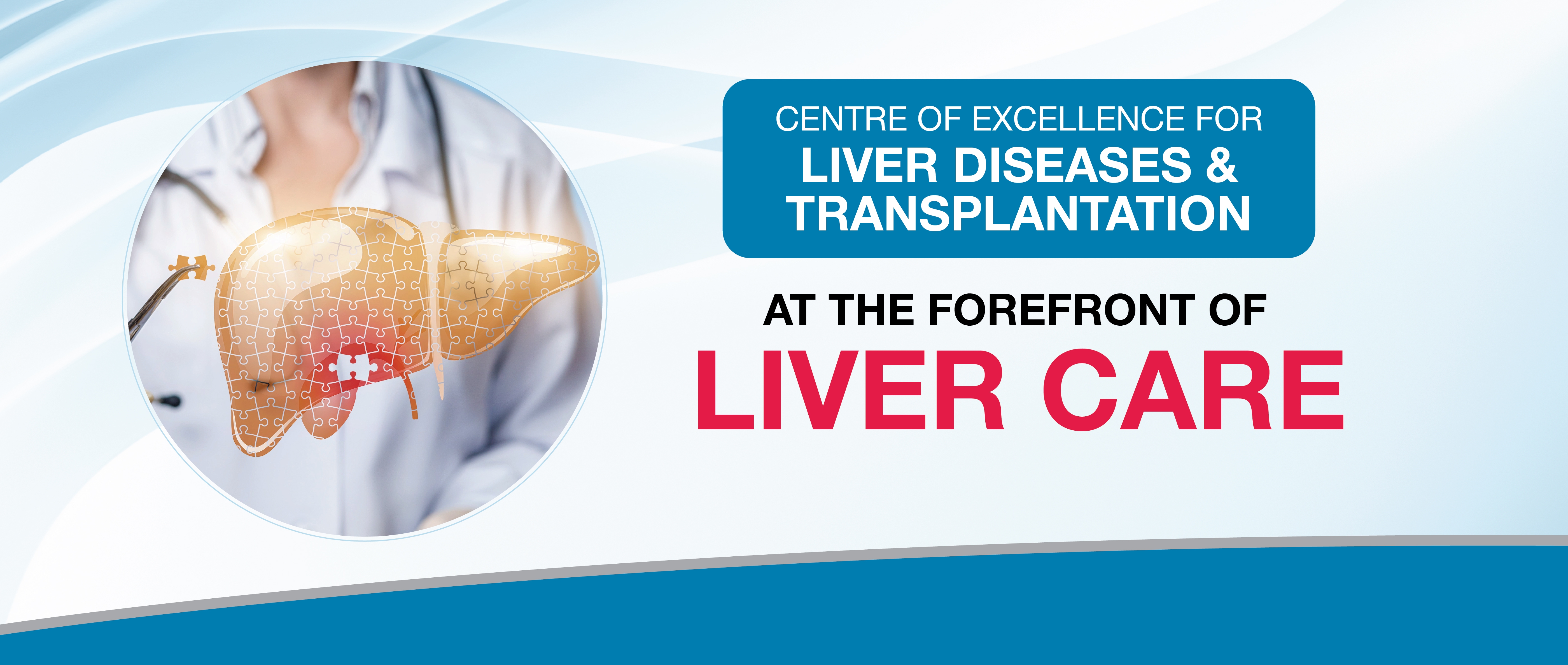Book Appointment
now to consult
A Premier Centre For Liver Transplantation
KIMS Hospitals Department of Hepato-biliary and Transplantation has led the way in offering patients with advanced liver disease comprehensive, all encompassing care. Over the past ten years, we have been providing care for patients with challenging and complex pancreatic and liver disorders, emphasizing prevention of liver disease just as much as liver disease therapy. Modern facilities, a multidisciplinary team approach to patient care and highly skilled physicians with worldwide training have all helped us produce outstanding outcomes that surpass national standards and provide unmatched patient satisfaction.
South India’s Best Liver Transplant Centre
World-Class Team
High-End Imaging
Specialized Liver Care
Multidisciplinary Support
Dedicated ICU
Acute Liver Failure Management
Our Specialists
Why Choose Us?
Experience
more than 1000 Liver Transplants
Age Group
Both Adult and Pediatric
Multiorgan Transplants
Liver-Kidney, Kidney-Pancreas
Transplant
Split Liver Transplant.

Liver Transplantation
In order to treat irreversible liver disease, KIMS Hospitals provides a thorough and interdisciplinary strategy that has produced outstanding outcomes in terms of patient survival and quality of life. Along with a variety of allied support specialties like pathology, interventional radiology, specialized nursing, transplant coordinators, a nutrition team, liver transplant surgeons, general and transplant hepatologists, transplant intensivists and anesthetists, our team consists of these professionals. The team is supported by state-of-the-art infrastructure including dedicated operation theatres, ICUs, endoscopy suites and dedicated transplant wards. A liver transplant may be seen a feasible option in a number of circumstances. These comprise, among other things, hepatitis B and C, autoimmune hepatitis, non-alcoholic fatty liver disease (NAFLD or NASH), end-stage liver disease brought on by alcohol, liver damage from taking too many drugs that are harmful to the liver, primary sclerosing cholangitis (PSC), primary biliary cirrhosis (PBC), biliary atresia, and metabolic disease. For individuals with liver cancer (HCC), a liver transplant provides a cure.
The long-term success of liver transplantation has significantly increased as a result of the discovery of efficient immunosuppressive medications and the enhancement of surgical techniques. Nowadays, many people agree that this technique is a favored and successful therapeutic approach for treating end-stage liver disease. At KIMS, liver transplants for newborns, kids and adults are frequently carried out with an emphasis on cutting-edge surgical methods, improvements in immunosuppressive medications and high-quality patient care.
Treatments & Procedures
Even though a liver transplant is seen as the final resort for those with end-stage liver disease, it gives them hope for a new beginning. An organ from a deceased donor (someone who has passed away) or a portion of an organ from a living donor can be used for liver transplantation. Deceased donor, living donor, split and domino operations are among the transplantation types.
Deceased Donor Liver Transplant:
The liver used in this treatment comes from a donor whose other organs are still functional but who has been labeled as "brain dead." The donor's liver is transplanted after the diseased liver is removed. You are placed on a waiting list to receive a deceased donor until one becomes available. Day or night, this might happen at any time. Due to a severe shortage of donor livers, patients might have to wait a long period for a deceased donor liver that matches them.
Living Donor Transplant:
A living donor, such as a close cousin or family member, gives a piece of their liver in order to receive a living transplant. The liver's ability to regenerate allows both the new liver portion in the recipient and the liver component that remains in the donor to expand to their full potential.
Pediatric Transplant:
A liver transplant is recommended for children who have serious liver problems that are life-threatening. The most common causes are Biliary Atresia, Genetic or Metabolic Diseases in children.
Equipment
We use the latest equipment for services that include: external consults, specialties, emergency care, ambulatory care, intensive care units, laboratories, pathology, and a specialized psychiatric unit. Rated as one of the best in the South India, our affiliate Liver Transplantation center is supported by a complete multidisciplinary set up.
Clear doubts with
F.A.Q.s
A liver transplant is a surgical procedure to replace a diseased liver with a healthy one from a donor. It is required for patients with end-stage liver disease, acute liver failure or certain liver cancers.
Liver transplantation is necessary for conditions such as cirrhosis due to hepatitis B or C, alcohol-related liver disease, non-alcoholic fatty liver disease (NAFLD), acute liver failure, liver cancer and genetic liver disorders.
Donors can be deceased or living. A deceased donor's liver is allocated based on medical urgency and compatibility, while a living donor, usually a close family member, donates a portion of their liver, which regenerates over time.
KIMS Hospitals has a high success rate in liver transplantation, supported by advanced surgical techniques, state-of-the-art facilities and a multidisciplinary team of transplant specialists.
Hospital stay typically lasts between two to four weeks, while complete recovery may take three to six months, requiring regular follow-ups, medications and lifestyle modifications.
Potential risks include infection, organ rejection, bleeding and bile duct complications. However, with expert post-transplant care and immunosuppressive medications, these risks can be effectively managed.
Appointments can be scheduled through our helpline or website, where our specialists will guide patients through the evaluation, donor matching and treatment process.









